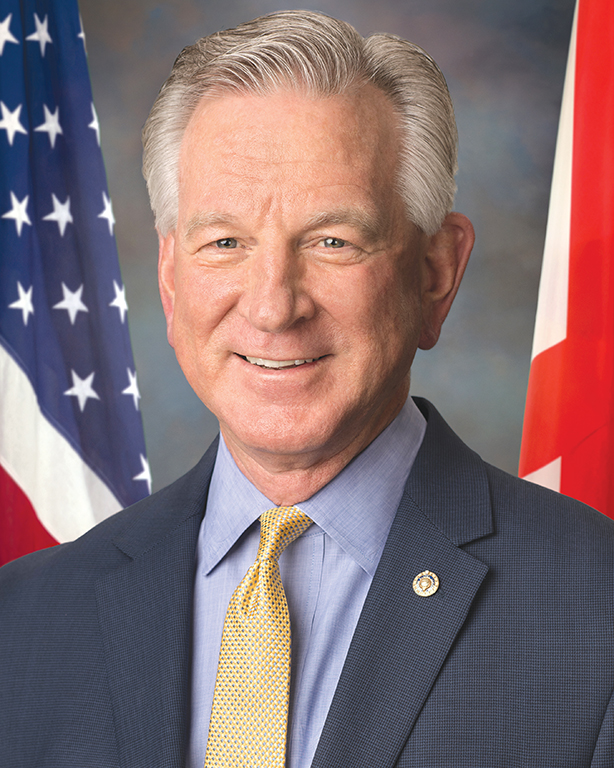CONTRIBUTED BY THE OFFICE OF SEN. TOMMY TUBERVILLE
WASHINGTON—
On Wednesday, the U.S. Senate adopted a bipartisan amendment authored by Sen. Tommy Tuberville (R-Ala.) and Senator Cory Booker (D-N.J.) that would increase funding for the Rural Decentralized Water Systems Program, which will allow more low-income Americans in rural communities to access grants and loans to install or repair household sewage systems. The increased funding will now be included in the Appropriations bill currently being considered by the Senate.
“The American people should have access to safe drinking water and sanitary waste disposal systems, regardless of where they live,” said Tuberville. “Right now, many Alabamians in the Black Belt region do not have access to public sewer systems, and instead have to rely on septic tanks or decentralized systems to remove their waste. I am grateful that our bipartisan amendment was passed, since it will make funding available for more reliable, decentralized systems across our country.”
As Ranking Member of the U.S. Agriculture, Nutrition and Forestry (AG) Subcommittee on Rural Development and Energy, which oversees the U.S. Department of Agriculture’s (USDA) Rural Utilities Service (RUS) Water and Environmental Programs, Tuberville serves as a voice for people living in rural parts of Alabama. Tuberville recently led a hearing on the importance of modernizing our community water systems. Now, he is taking action to increase funding for clean water and sewage systems.
According to the U.S. Census Bureau, approximately 21.7 million households use a septic tank or a decentralized system to remove their sewage where a public sewer system is unavailable. Additionally, over one million homes in the United States lack adequate plumbing, with nearly 200,000 having no sewage system at all. Often this leads to the piping of raw sewage from homes directly into their back yards, with substantial negative impacts on public health and the environment. In Alabama, the rural Black Belt region suffers from difficulties in implementing central sewer lines or even septic systems in part because of the geology of the area, which consists of dense red clay, along with lack of funding.
To address this issue, Congress passed legislation to provide grants for rural low-income households to install and maintain individually-owned decentralized wastewater systems in the 2018 Farm Bill. Under the Farm Bill, the USDA Rural Decentralized Water Systems Program can provide loans and grants of up to $15,000 to low-income households in rural areas for the construction, refurbishing and servicing of individual household water well systems and individually-owned household decentralized wastewater systems.
Specifically, the Booker-Tuberville Amendment 1175 would quadruple the funding in Fiscal Year 2024 for the Rural Decentralized Water System program from $5 million to $20 million. The amendment also requires that at least $10 million of this funding be directed to low-income households as grants for decentralized wastewater systems.
Sen. Tommy Tuberville represents Alabama in the United States Senate and is a member of the Senate Armed Services, Agriculture, Veterans’ Affairs and HELP Committees.
